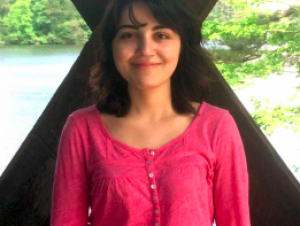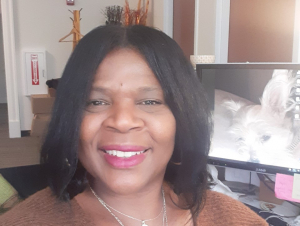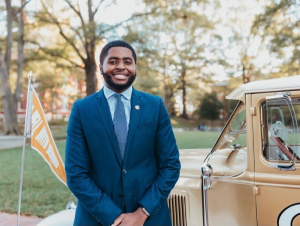To request a media interview, please reach out to experts using the faculty directories for each of our six schools, or contact Jess Hunt-Ralston, College of Sciences communications director. A list of faculty experts is also available to journalists upon request.
Latest News
A project to study new forms of analyzing data called non-parametric statistics wins Mayya Zhilova, assistant professor in the School of Mathematics, an NSF CAREER Award. The honor, which recognizes early career scientists and their achievements, will include a teaching element for public school students and higher education.
Qiliang He, a postdoctoral researcher, is following the path blazed by his Georgia Tech mentors — and will use his new Warren Alpert Foundation Scholar Award to target gamma brain wave stimulation to try to reverse the effects of aging.
If you’re looking for an indoor space with a low level of particulate air pollution, a commercial airliner flying at cruising altitude may be your best option. A newly reported study of air quality in indoor spaces such as stores, restaurants, offices, public transportation — and commercial jets — shows aircraft cabins with the lowest levels of tiny aerosol particles.
College of Sciences development assistant discusses her unique perspective, influenced by various mentors and friends, and how that perspective shapes her daily life.
Third-year Neuroscience student discusses his involvements at Georgia Tech, career goals, and thoughts and reflections on Black History Month.
A new study reported by Georgia Tech researchers finds that an alligator heart will not fibrillate when exposed to drastic temperature changes, unlike a rabbit (mammal) heart, which is critically vulnerable to heart trauma under those conditions. The research could help better understand how the heart works and what can cause a deadly arrhythmia – which fundamentally happens when the heart doesn’t pump blood correctly any longer.








